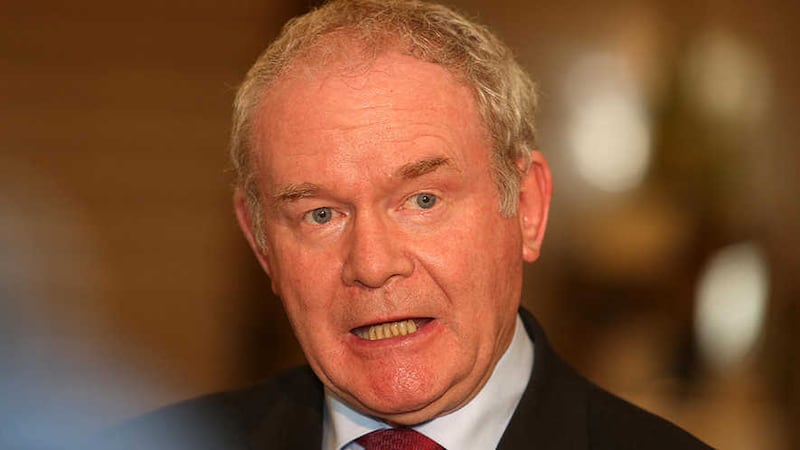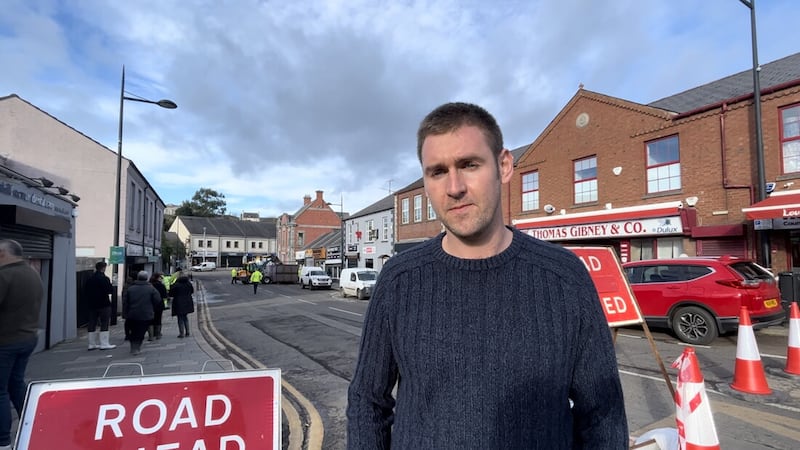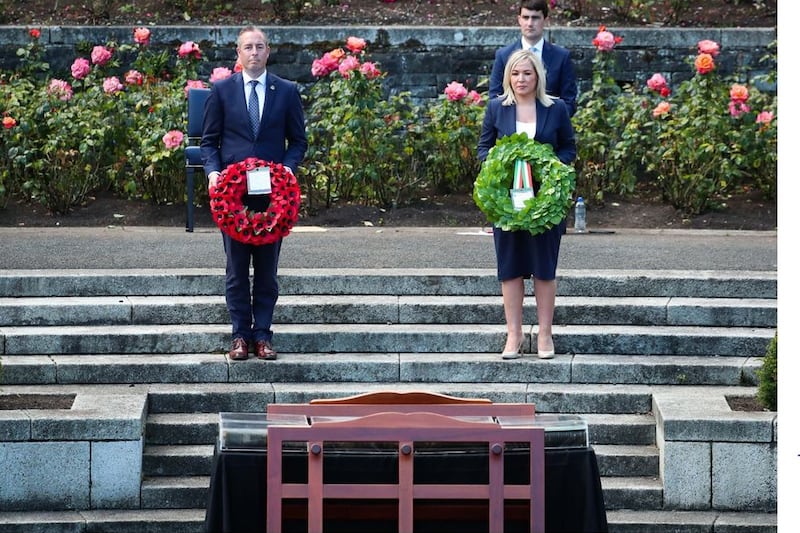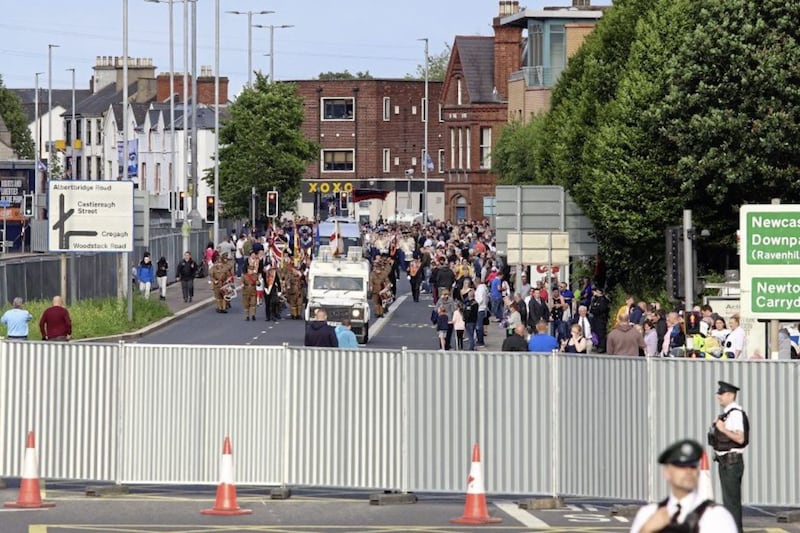Deputy First Minister and former IRA commander Martin McGuinness will make a ground-breaking official visit to two First World War battlefields.
The senior Sinn Fein figure confirmed he has accepted an invitation from the Flemish government to Flanders and the Somme next week.
Mr McGuinness said he was doing so as an act of reconciliation, to recognise human suffering and reach out to his unionist neighbours in the north.
"World War One is an important part of Ireland's multi-layered history during which tens of thousands Irish people lost their lives," he said.
"If we are to build understanding and reconciliation on this island, we all need to recognise and accept the complexity of the historical events and differing political narratives that make us who we are as a community and as a people.
"It is in this spirit of reconciliation I will be visiting Flanders Fields next week to learn more about the Battle of Messines which took place in June 1917.
"I will also visit the Somme to mark the terrible loss of life on all sides in that battle one hundred years ago."
Mr McGuinness added: "I am doing so in a sincere effort to recognise the human suffering and also the importance these events hold for the unionist section of our people."
The deputy first minister revealed his intentions shortly after meeting with the Prince of Wales in a 20-minute behind-closed-doors encounter at Hillsborough Castle during a royal visit to Ireland by the heir to the throne.
He will be accompanied on his visit to Flanders and the Somme by senior party colleagues in Sinn Fein including party vice president Mary Lou McDonald, a TD in the Dail.
Ms McDonald said Republicans were opposed to Imperial wars but that it was right to remember, in a respectful and inclusive manner, those who died.
"Republicans opposed the imperialist First World War and the subsequent slaughter which claimed the lives of millions," she said.
"However, the loss of tens of thousands of Irish and Ulster Volunteers left a huge mark on our society.
"In this decade of anniversaries it is right to remember those who died in Flanders and at the Somme in a respectful and inclusive fashion."








